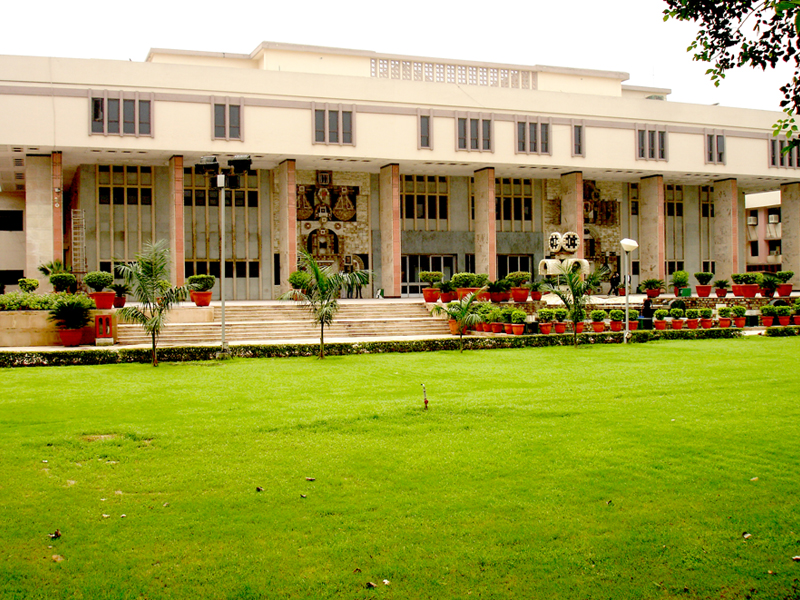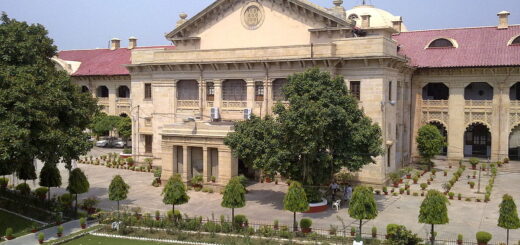Delhi High Court Dismisses Petition Against AIMIM’s Political Party Registration, States Relief Is Outside ECI’s Jurisdiction.

The Delhi High Court has rejected a Writ Petition aimed at canceling the registration of All India Majlis-e-Ittehadul Musalimeen (AIMIM) as a political party. The Court stated that the relief requested by the Petitioner is outside the authority of the Election Commission of India (ECI). Justice Prateek Jalan noted, “While Mr. Hoda argued that the petitioner misinterpreted the aims and objectives of AIMIM to suggest it serves only one religious community, I believe it is unnecessary to address this point since the relief sought is beyond the ECI’s jurisdiction.”
Advocate Vishnu Shankar Jain represented the Petitioner, while CGSC Harish Vaidyanathan Shankar, along with Advocates Suruchi Suri (Standing Counsel) and Omar Hoda, represented the Respondents. The Petitioner, Tirupati Narasimha Murari, a member of Shiv Sena, challenged the ECI’s decision to register and recognize AIMIM as a political party, claiming it does not meet the requirements of Section 29A of the Representation of the People Act, 1951 (ROPA). The Petitioner argued that AIMIM’s constitution aims to promote the interests of only one religious community (Muslims), which goes against the principles of secularism that all political parties must follow according to the Constitution and the Act.
AIMIM was established as a political party in 1958 and first participated in elections in 1959 by running in the municipal elections in Hyderabad. It later took part in the Legislative Assembly elections of the former State of Andhra Pradesh in 1962. In 1984, AIMIM won a seat in the Lok Sabha from the Hyderabad constituency and sought registration with the Election Commission of India (ECI) in 1989. The Representation of the People (Amendment) Act, 1988, introduced Section 29A, effective from June 15, 1989. AIMIM then informed the ECI that it had amended its Constitution to comply with Section 29A, including the provisions of Section 29A(5). The ECI granted AIMIM registration in 1992.
In this case, the High Court remarked, “The petitioner’s claims interfere with the fundamental rights of AIMIM members to form a political party that reflects their beliefs and values. Such interference is not acceptable and has been explicitly rejected in previous judgments.” The Court stated that the arguments from the Petitioner’s lawyer regarding Section 123 of the Act and the case of Abhiram Singh v. C.D. Commachen & Ors. (2002) 5 SCC 685 were not valid. It explained that Section 123 defines “corrupt practices” under the Act, which includes any appeal by a candidate or their agent to vote based on religion, race, caste, community, or language, as well as the use of religious symbols in elections.
The goal of defining “corrupt practices” is to resolve issues during elections, such as election petitions, and to decide on the disqualification of candidates according to Section 8A of the Act. Section 123 of the Act does not apply to the registration of a political party; instead, it relates to the results of a specific election and whether someone can take part in the electoral process. Therefore, the argument based on Section 123 of the Act is dismissed. As a result, the High Court rejected the Writ Petition.
Cause Title: Tirupati Narasimha Murari v. Union of India and Ors. (Neutral Citation: 2024:DHC:8952)









